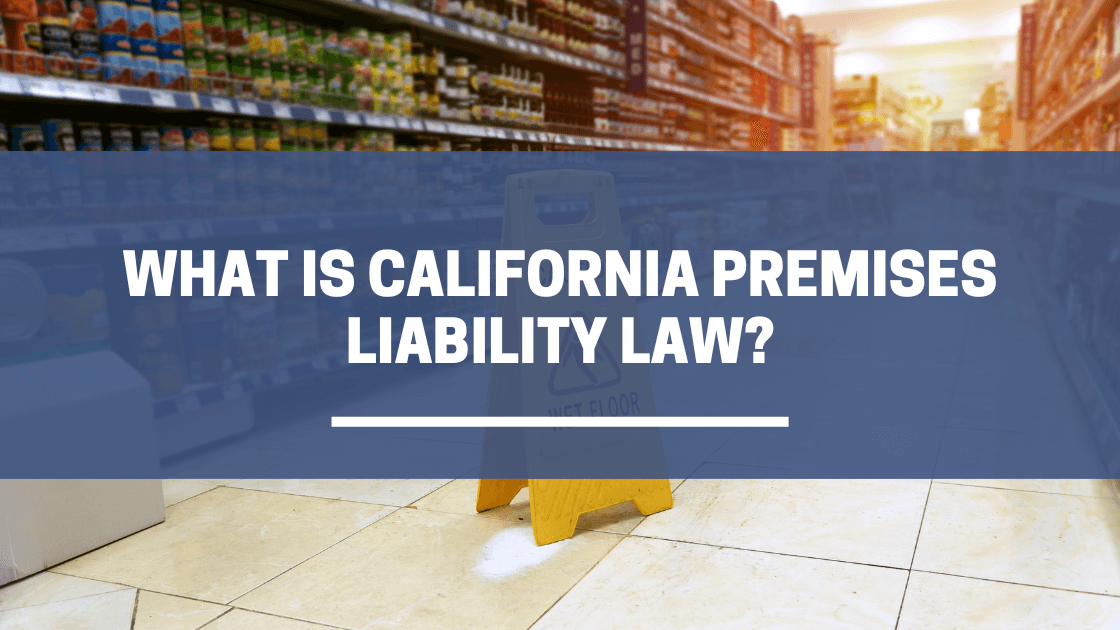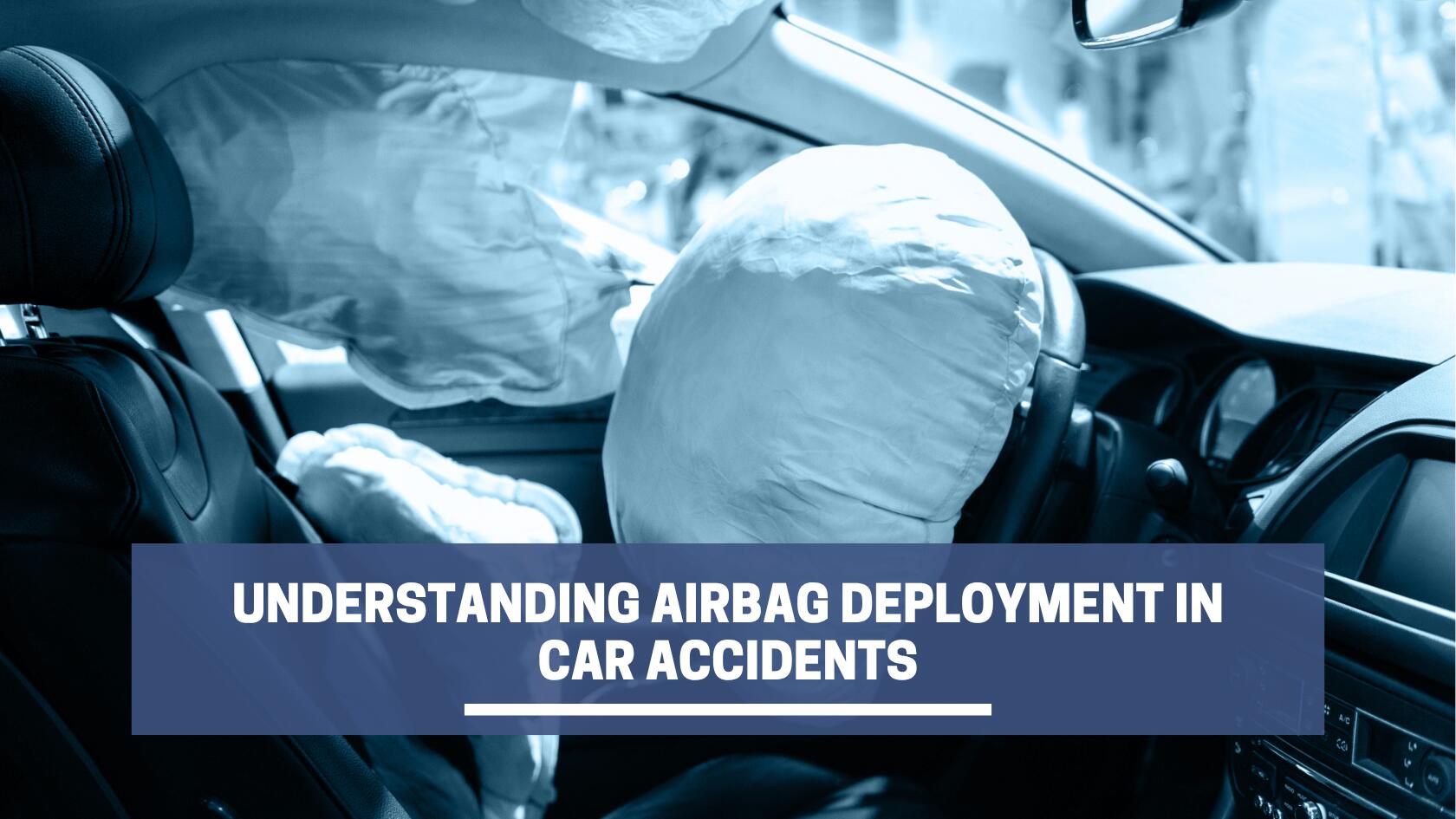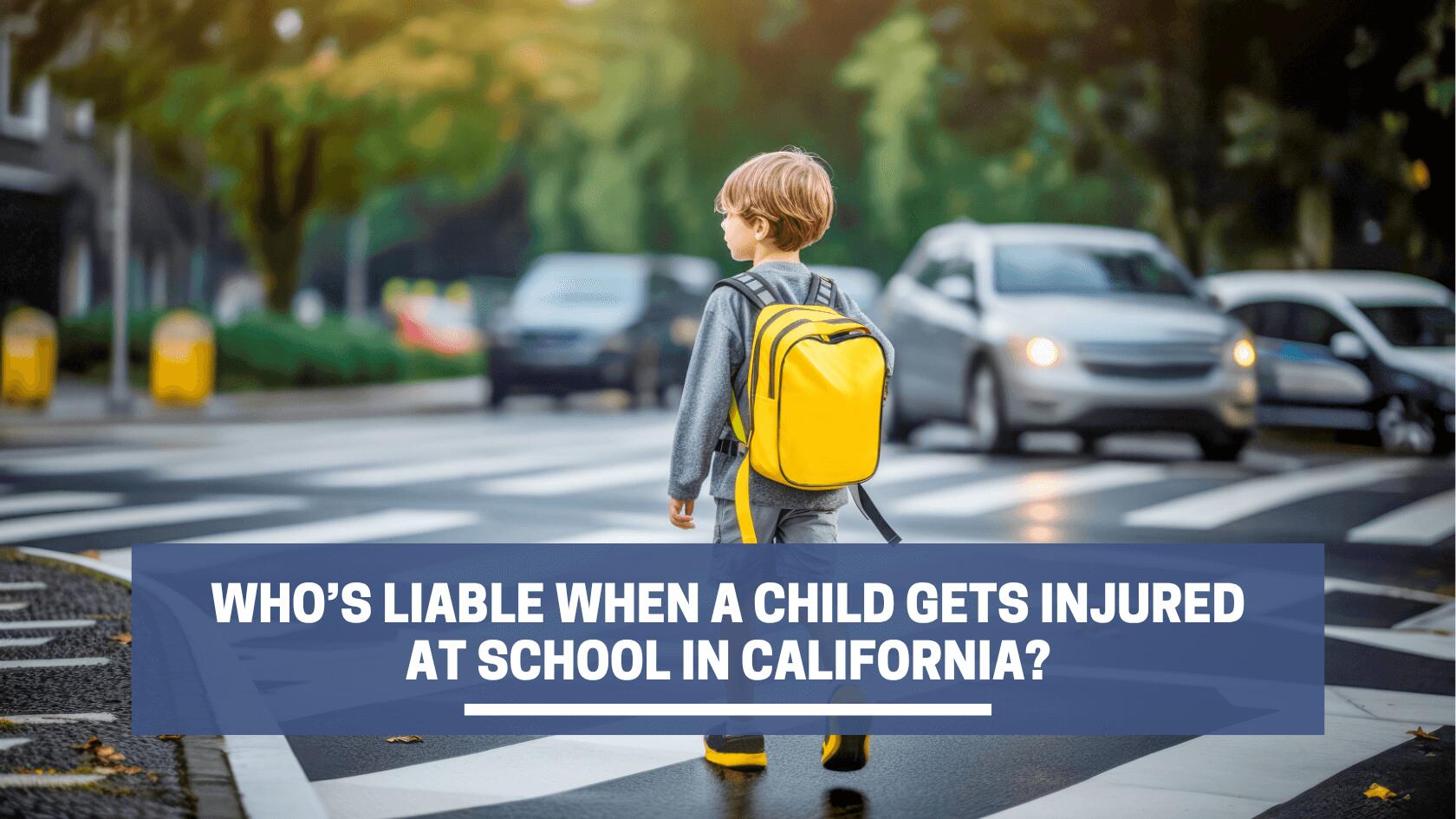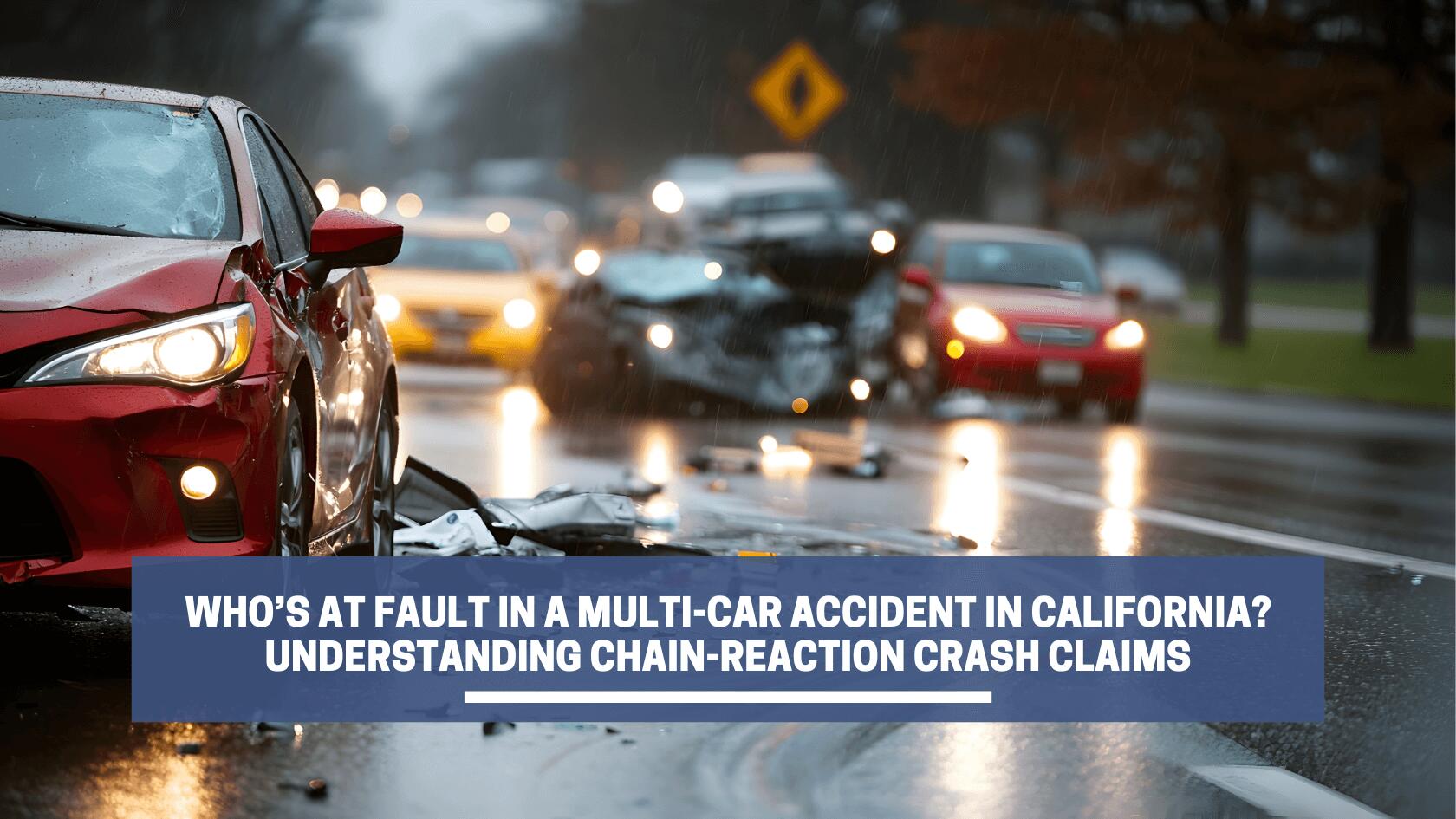In California, premises liability laws require property owners to protect others from dangerous conditions that can cause injury or damage. If an owner fails to maintain their property or warn of a known danger and someone sustains injuries, they can be responsible for the victim’s economic and non-economic damages.
A premises liability claim requires you to show negligence on the property owner’s part with the help of a personal injury lawyer. Exploring the facts of premises liability cases is helpful to get compensation for your injuries, including what defines premises liability negligence and how to prove your claim.
What Is The Property Owner’s Duty Of Care Under California Premises Liability Law?
California Civil Code 1714 outlines liability for injuries caused by another’s negligence. For property owners in California, this refers to premises liability. This legal concept says owners are responsible for keeping their property free of hazardous conditions by performing routine inspections. They must repair, replace, or provide reasonable warning about unsafe property conditions to keep visitors safe.
Property owners who fail to repair dangerous conditions on their property or warn others about them are negligent if they knew or should have known about the dangers. For instance, an apartment complex owner must repair uneven stairs or place a sign warning of the danger, or they can be liable for injuries to residents or guests on the property.
What Dangers Should A Property Owner Be Aware Of Or Fix?
The types of dangerous conditions a property owner is responsible for depend on the level of risk and harm. A court can find that the owner was negligent in the maintenance or use of the property under these conditions:
- There was an unreasonable risk of harm associated with a condition on the property
- The owner knew of or should have known about it if exercised with reasonable care
- The owner failed to remedy, prevent, or warn of the condition adequately
For example, a retail store has wet and slippery floors, creating an unreasonable hazard of slipping and falling for customers. The store owner is responsible for discovering the hazard, warning customers by posting signage, and cleaning the floor to remove the spill as soon as possible.
What About Obvious Unsafe Conditions On A Property Under Premises Liability In California?
If an unsafe condition on the property is so apparent that anyone could reasonably expect to see it, the owner is not required to warn others. They can assume that others will see the obvious danger and avoid it. However, if the risk of injury is foreseeable, property owners may choose to address the hazard to ensure visitors to their premises don’t suffer harm.
Property owners are not liable for damages caused by minor, trivial, or insignificant defects. This principle is referred to as a trivial defect defense that could be subject to legal interpretation and requires you to prove the defect.
You can consult with an experienced slip and fall lawyer to determine if an obvious danger or trivial defect caused your injuries. They can also assess whether the owner should have corrected the defect that caused your fall and may be responsible for your injuries.
Who Can I Sue When I Am Injured On Someone Else’s Property?
The responsible party in a premises liability lawsuit is typically the property’s owner; however, you can also sue a party controlling the property, such as a property manager or store manager. When an injury occurs, the party in charge of the property can be held liable since they must keep all areas they control reasonably safe.
Any person who rents, leases, possesses, or controls the property may be liable for premises liability injury caused by dangerous conditions.
Independent contractors do not relieve property owners of their duty of care. The owner remains responsible even if an independent contractor fails to correct an unsafe condition and someone suffers an injury.
Employers may be liable for negligent employees who fail to repair hazardous conditions or warn visitors of dangers on the property. Under California law, the principal is responsible for the agent’s negligence. Therefore, an employer is vicariously liable for the employee’s negligence.
What Are The Crucial Elements In A Premises Liability Claim In California?
The California Civil Code 1714 states that everyone is responsible for injuries incurred on properties under their management. If you choose to file a premises liability claim, you must prove the following premises liability elements to show you sustained injuries due to the property owner’s negligence:
- The owner owned, leased, occupied, or controlled the property
- The defendant was negligent in maintaining and using the property
- You suffered injuries
- The defendant’s negligence caused your injury
Actual Or Constructive Knowledge
To win your case, you must also prove that the property owner knew about the dangerous condition before you suffered an injury. This can refer to actual or constructive knowledge.
Actual knowledge means that the owner knew the danger existed. Evidence for proving actual knowledge can include direct testimony from the property owner saying they knew the danger existed or documents, like photos, texts, or emails, demonstrating they were aware of the issue.
Constructive knowledge is the presumption that the owner should have known of the hazard if they had taken reasonable measures to ensure their property was safe. For example, they failed to routinely inspect their premises and address dangers.
Constructive notice can also refer to a situation such as a supermarket manager leaving a spill on the ground long enough that they should have known it existed and warned of the danger. A court may decide that they had time to notice and clean up the spill so they had constructive knowledge and are liable for your injuries.
Factors Considered By The Court
The court will consider the following factors in determining if a property owner used reasonable care for their property and committed premises liability negligence:
- Property location
- The likelihood of someone coming onto the property in the same manner as you do
- Whether an injury is likely
- The probable severity of such an injury
- If the owner was aware or should have known about the condition
- The difficulty of taking precautions against such injuries
- How much control the owner had over the condition that created a risk of injury
Achieving Justice Through A Premises Liability Claim
Any accident caused by unsafe conditions on someone else’s property can lead to a premises liability claim. Premises liability laws ensure that property owners maintain their duty of care towards visitors on their property and give you the right to seek compensation if their negligence leads to a serious injury.
By providing evidence of the property owner’s negligence, such as photos or videos of the accident scene, and medical records of your injuries, you can earn a settlement to pay for damages you suffered.











